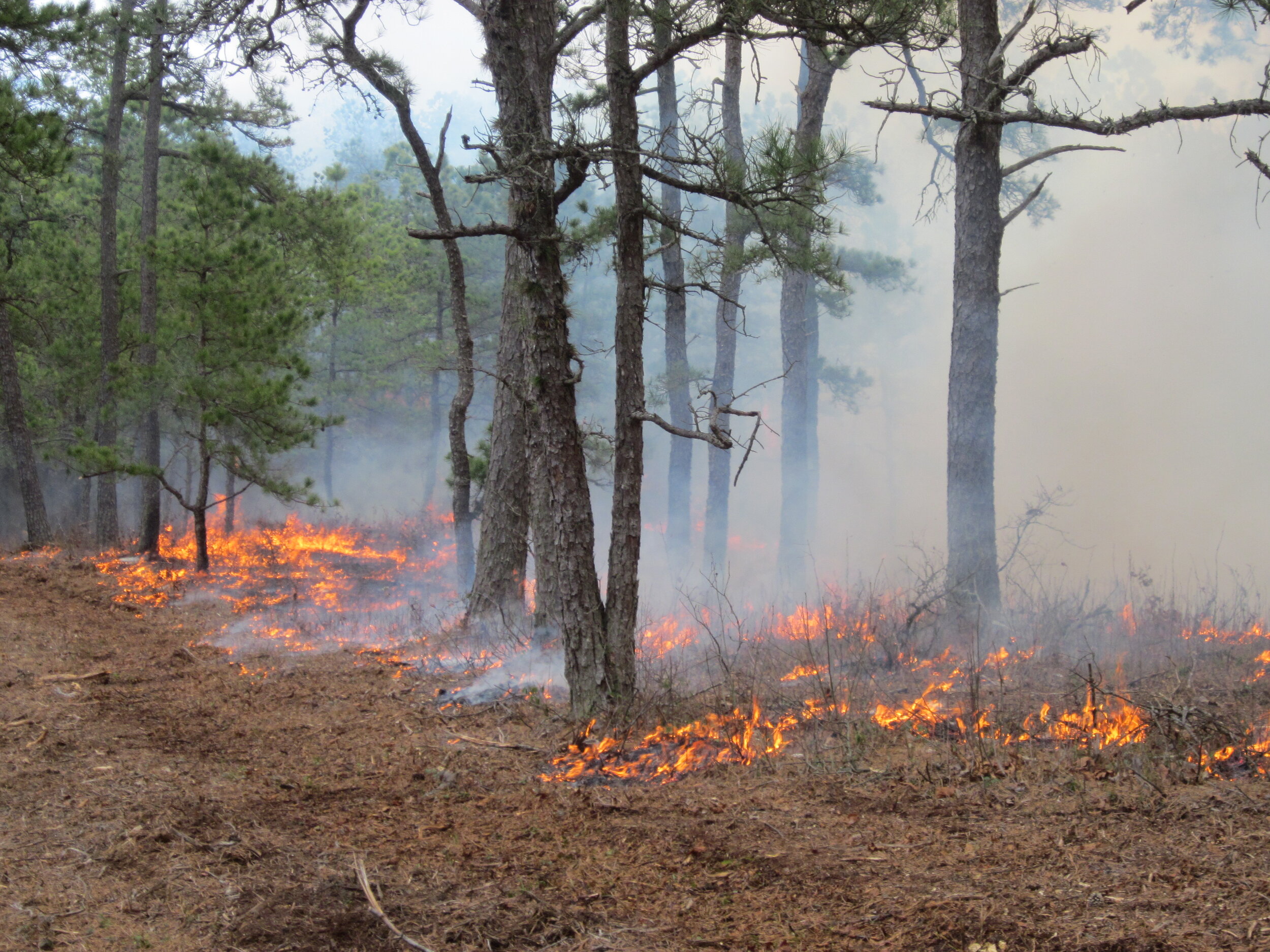Projects
Sea Level Rise & Ocean Based Climate Solutions
Sea level rise (SLR) poses significant threats to Northeast and Mid-Atlantic Tribal Nations' climate and water justice. Existing SLR adaptation frameworks do not include Indigenous knowledge. Dr. Leonard’s new research focuses on raising awareness of Indigenous ocean based solutions for climate change adaptation. Her article “WAMPUM Adaptation Framework: Eastern coastal Tribal Nations and sea level rise impacts on water security” proposes the WAMPUM Adaptation Framework, an Indigenist SLR adaptation framework that uses Indigenous knowledge to respond to water security issues resulting from SLR risks such as flooding, saltwater intrusion, storm surge, and erosion.
Indigenous Water Justice
The resiliency of Indigenous Nations to protect ancestral waters is affirmed through countless efforts of Indigenous innovation in water governance. In collaboration with a global team of water law scholars Dr. Leonard has published in Lewis and Clark Law Review on Indigenous Water Justice and the defining international legal principle of self-determination under the United Nations Declaration on the Rights of Indigenous Peoples. Her recent scholarship explores legal personhood for water and her TEDTalk “Why lakes and rivers should have the same rights as humans” has nearly 3 million views.
Indigenous Indicators of Climate Change Impacts
Credit: Joe Brusky (2014)
In partnership with LICCI – Local Indicators of Climate Change Impacts, a European Research Council (ERC) funded project, Dr. Leonard is working with a global team of partners to bring Indigenous Knowledge into policy-making processes and influence international climate change negotiations. Dr. Leonard is working with the Shinnecock Nation to document climate change impacts on Long Island and surrounding regions. Dr. Leonard’s previous Tribal Nation Climate Change planning research can be found on the National Congress of American Indians Tribal Leaders Forum archives available here.
Indigenous Fire Science
In collaboration with an international team of interdisciplinary scientists and researchers, Dr. Leonard is raising awareness of Indigenous fire science and landscape conservation of Indigenous Peoples in the Northeast region of Turtle Island (North America). In response to colonial research practices of New England scientists Dr. Leonard and collaborators wrote the following response “Indigenous Conservation Practices Are Not a Monolith: Western cultural biases and a lack of engagement with Indigenous experts undermine studies of land stewardship”. Future research will develop fire science research method protocol for working with Indigenous Nations.
Digital Ecosystem Research Challenge: Indigenous Voices In #IndigIScapes
This research examined online activity centered on Indigenous issues during the 2019 Canadian Federal Election. We aimed to understand the experiences of Indigenous voices online during the election and how digital democracy threats to Indigenous Data Sovereignty attempted to diminish Indigenous rights and self-determination. We also sought to identify the key issue trends of Indigenous online users in digital spaces. The study analyzed digital content posted to Twitter and identified topics of salience for Indigenous Twitter users and Indigenous candidates during the election.
Regional OCean Planning
Dr. Leonard serves as a representative on the Mid-Atlantic Committee on the Ocean. She was instrumental in developing the first Regional Ocean Assessment for the Mid-Atlantic Region and the Mid-Atlantic Ocean Action Plan under the former Mid-Atlantic Regional Planning Body charged with protection of America’s ocean ecosystems and coasts. You can read more about Dr. Leonard’s work to protect the Ocean and Tribal Sovereignty in National Geographic.
Credit: Jeremy Dennis (2018)
Keep Paumanok Beautiful
Dr. Leonard is a 2018 Science and Environment Dreamstarter for Running Strong for American Indian Youth. Her dream is to inspire Indigenous youth to protect the Ocean. She has partnered with Citizens Campaign for the Environment to develop a plastic free campaign to to raise awareness about the danger of marine debris, collecting pledges, and distributing minimal waste receptacles.
“Exercising” Sovereignty
Covid-19 in Indigenous Communities: Five Protective Factors of “Exercising” Sovereignty a study in collaboration with Dr. Natalie Welch (Eastern Band of Cherokee Indians) and Dr. Alisse Ali-Joseph (Choctaw Nation of Oklahoma).
Indigenous Peoples have an inherent responsibility and right to “exercising” sovereignty - the practice of sport and physical activity in performance of our cultural, political, and spiritual citizenship (Ali-Joseph 2018). During the COVID-19 pandemic, access to and equity (inequity) in sport and physical activity has been felt (physically, spiritually, politically) within Indigenous communities. Utilizing Indigenous ways of knowing, practices of survivance, Indigenous sport scholarship, and Indigenous responses to COVID-19 we describe five protective factors of “exercising” sovereignty that have emerged including community, relationality, strength, abundance, and resilience.








